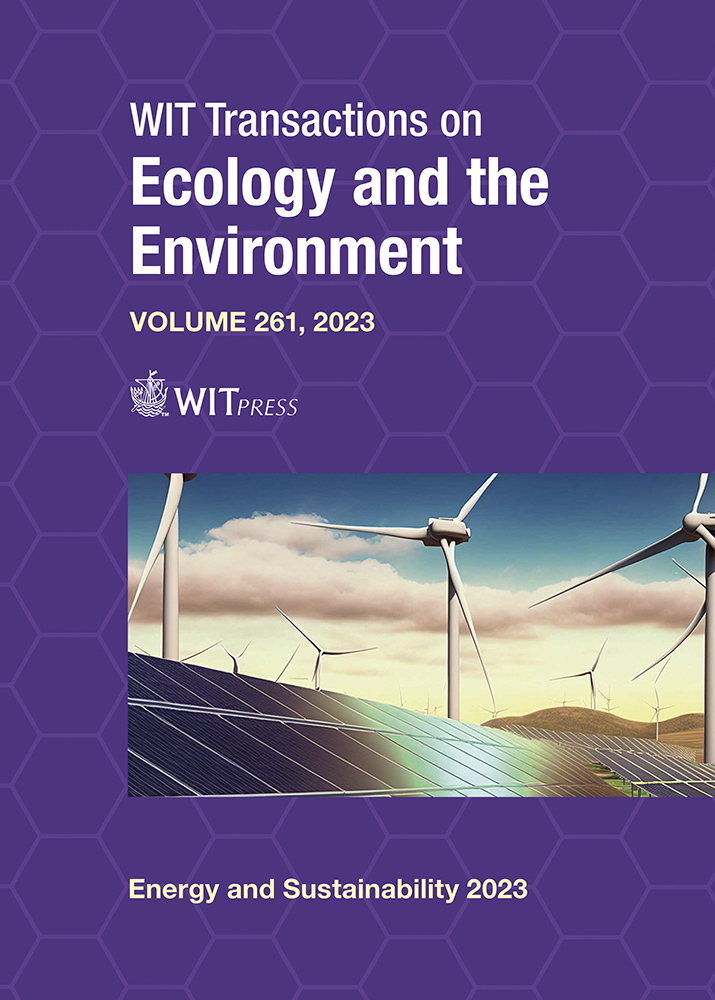INDONESIA’S ENERGY POLICY DYNAMICS: A SUBSTANCE OF COMMITMENT AND CHALLENGE
Price
Free (open access)
Transaction
Volume
261
Pages
10
Page Range
3 - 12
Published
2023
Paper DOI
10.2495/ESUS230011
Copyright
Author(s)
ISWAHYUDI SONDI PUTRA, DANI ADINUGRAHA, YOHANA ENDRAWATI, MIRA HANDAYANI
Abstract
Fossil energy, which is easy to use, has dominated energy sources in many countries for decades. However, environmental issues and their non-renewable reserves have become the concern of multiple groups as they start to transition to green and renewable energy. When it comes to formulating energy policy in Indonesia, the most important factors to take into consideration are internal ones like ensuring energy security or supporting growth in the economy. Concerns regarding the availability of clean energy have not been cited as a justification for modification to energy policies. However, two different energy policies relating to net zero carbon and electric vehicle subsidies indicate that external factors, particularly global commitment, play a significant role in the formulation of energy policy and should be taken into consideration. The role of Indonesia as a G20 leader was a catalyst to make global commitment as a consideration in policy changes. Pollitt and Bouckaert’s analysis shows that some of the global economic and socio-demographic changes put pressure on the Government of Indonesia to reform its energy policies.
Keywords
energy policy, Pollitt and Bouckaert, electric vehicles, net zero carbon, energy mix, renewable energy





